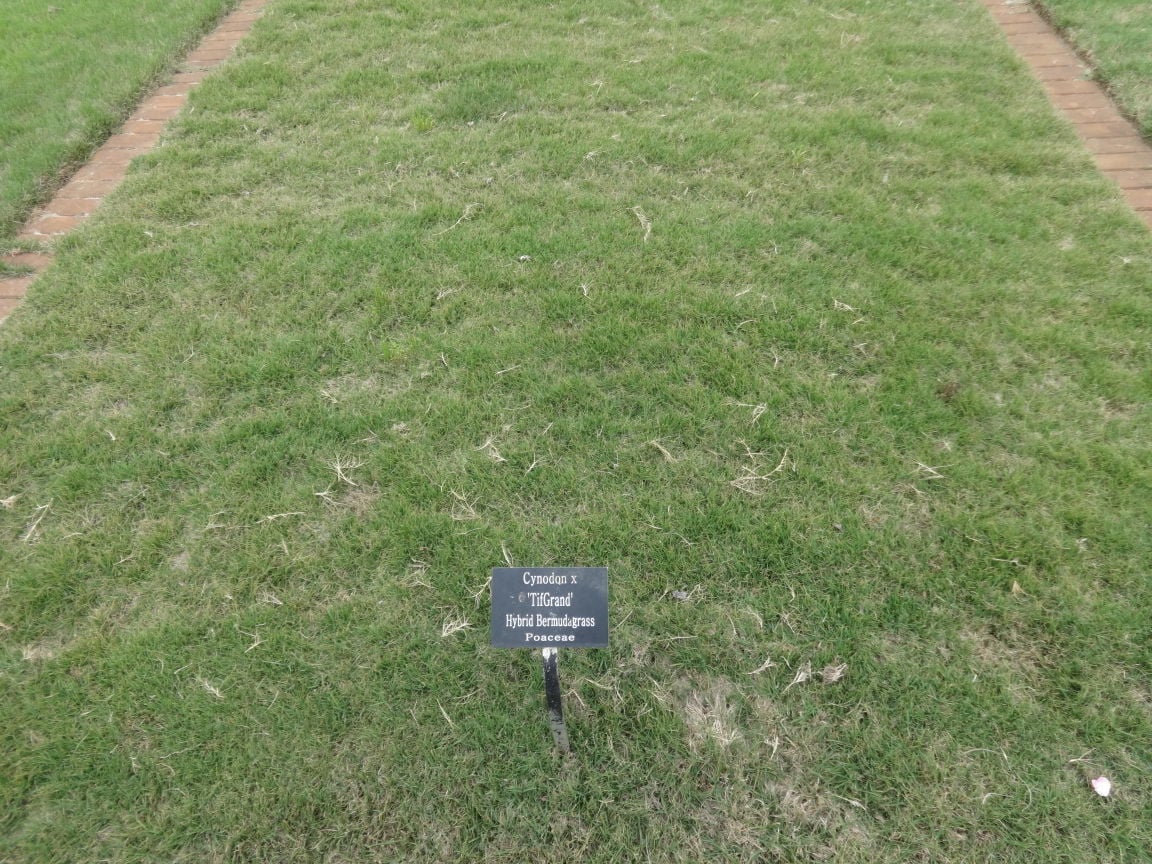Q: I have researched and talked to many people about how to kill Bermuda grass most effectively while being as environmentally friendly as you can be. I have heard of several different methods, including covering the whole area in plastic as well as using Roundup as possible methods. I would like your opinion on the best method to use to kill Bermuda grass. My understanding is the only chemical way to do it would be with Roundup, but my wife is very against that idea. I have read the research on the biochemical makeup of Roundup and I am not sure if it is truly toxic if you only use that one to two times.
A: Roundup or any other product containing the active ingredient glyphosate is the most effective and least labor-intensive way to manage/kill Bermuda grass and many other weeds. It does require repeat applications and the grass needs to be green when you spray to be most effective. Other methods include scraping off the top layer of grass and covering it with landscape fabric, clear plastic, or cardboard, and digging the grass up with a shovel. You can certainly kill much of the grass through solarization, starvation, or digging it up. The problem, as you may know, is the roots, or parts of them, are still alive in the soil in many cases with all of these methods. They will eventually find a way around or through the covers so it may be more labor intensive to manage it. Bermuda grass spreads by underground stems (rhizomes) and aboveground runners (stolons), not to mention seed. A systemic herbicide can get to the root of the problem with less effort. No matter which method you choose, if you live in an area with unmanaged Bermuda grass nearby, it will eventually return so you need to remain vigilant in your management. Regarding the toxicity, according to the Monsanto label, glyphosate is a moderate irritant if eyes and skin are exposed but is practically nontoxic otherwise unless you are an aquatic organism. As always, it is best to follow the instructions on the label of any pesticide to avoid harming any non-target organisms.
Peter L. Warren is the Forest Health Program Coordinator for the Arizona Department of Forestry and Fire Management. Questions, photos and videos may be emailed to tucsongardensage@gmail.com





